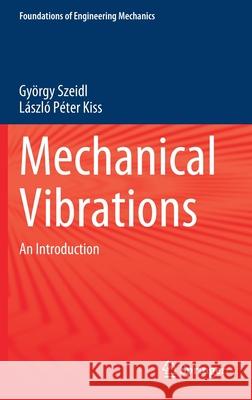Mechanical Vibrations: An Introduction » książka
topmenu
Mechanical Vibrations: An Introduction
ISBN-13: 9783030450731 / Angielski / Twarda / 2020 / 448 str.
Mechanical Vibrations: An Introduction
ISBN-13: 9783030450731 / Angielski / Twarda / 2020 / 448 str.
cena 201,24
(netto: 191,66 VAT: 5%)
Najniższa cena z 30 dni: 192,74
(netto: 191,66 VAT: 5%)
Najniższa cena z 30 dni: 192,74
Termin realizacji zamówienia:
ok. 22 dni roboczych.
ok. 22 dni roboczych.
Darmowa dostawa!
Kategorie:
Kategorie BISAC:
Wydawca:
Springer
Seria wydawnicza:
Język:
Angielski
ISBN-13:
9783030450731
Rok wydania:
2020
Wydanie:
2020
Numer serii:
000109982
Ilość stron:
448
Waga:
0.81 kg
Wymiary:
23.39 x 15.6 x 2.54
Oprawa:
Twarda
Wolumenów:
01
Dodatkowe informacje:
Wydanie ilustrowane











